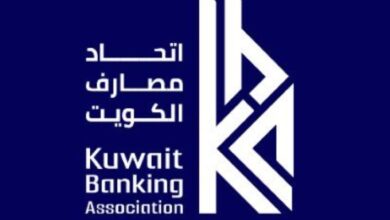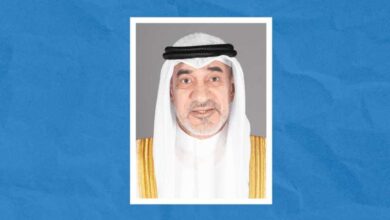Breaking the Burnout Cycle: Tackling Workplace Stress in the Gulf

By Hermoine Macura-Noble
Special to The Times Kuwait
In today’s hyper-connected world, workplace stress has become a silent epidemic, especially in the Gulf region, where professionals often find themselves tethered to their jobs, even during personal time. According to recent research by global recruitment specialists Robert Walters, 65 percent of professionals in the Middle East report feeling anxious after returning from annual leave, while over half admit to checking emails during their time off. This growing pressure to always ‘be on’ is not just reducing rest, it is eroding well-being, productivity, and long-term job satisfaction.
Digital communication tools like Slack, MS Teams, and WhatsApp have revolutionized the way we work, but they have also blurred the boundaries between office and home life. Many Gulf-based professionals report a phenomenon now dubbed ‘FOFB’—the fear of falling behind. This fear pushes employees to ‘firefight’ email backlogs even while on holiday, in an attempt to maintain control over workloads and reduce the anxiety of returning to an overflowing inbox.
Jason Grundy, Managing Director of Robert Walters Middle East, notes, “Professionals suffering with annual leave anxiety not only threaten to lower already historically low engagement rates, but our research suggests it could have major implications for productivity.”
One of the most striking findings of the survey was that just 22 percent of professionals in the Middle East felt truly refreshed after returning from leave. The rest return to their desks carrying the mental load of unchecked tasks and unread messages. What is needed, experts say, is a cultural shift—one that values rest as a productivity tool rather than a sign of laziness.

Some European countries have experimented with mandatory summer shutdowns—entire industries closing for a week or two to allow everyone to rest simultaneously. While 45 percent of Middle Eastern professionals expressed interest in trying this, concerns remain: 40 percent worry it may limit flexibility, and 34 percent of employers fear such shutdowns could be disruptive or expensive.
Grundy suggests that the key lies in creating workplace environments where rest is not only allowed, but encouraged. These include mandatory handovers, flexible leave options and out-of-office support among others.
With hot summers, high performance expectations, and family obligations, professionals in the Gulf face unique stressors. Add to that the region’s fast-paced economic growth and competitive corporate culture, and the results are clear: burnout is becoming a systemic issue. Women, in particular, often juggle career demands with cultural expectations around family care, further compounding stress.

Supporting mental health, work-life balance, and respectful holiday practices is not just about well-being; it is about retention, creativity, and long-term success. Companies that adopt proactive policies will not only improve morale but also attract and retain top talent in an increasingly competitive market.
As Grundy puts it: “Business operations won’t halt just because someone is on holiday. It’s time we foster a company culture that values productivity without sacrificing personal peace.”
 By Hermoine Macura-Noble
By Hermoine Macura-Noble
The first Australian English speaking News Anchor in the Middle East. She is also the Author of Faces of the Middle East and Founder of US-based 501c3 charity – The House of Rest which helps to ease the suffering of victims of war. For more from our Contributing Editor, you can follow her on Instagram, here.












